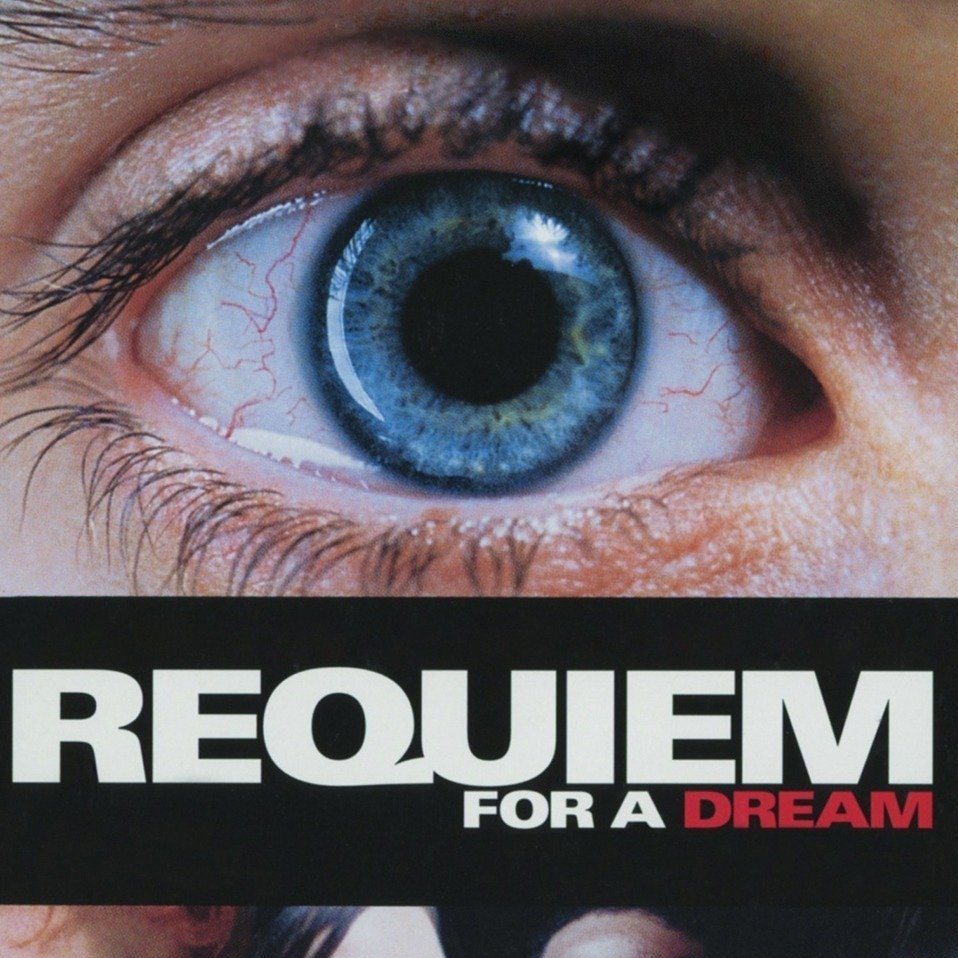Wouldn’t the final ending simply be the end of music? This playlist draws on the final works of composers: completed or not, abandoned or interrupted by the very death of their authors. Schubert’s fatality in his “Unfinished Symphony”, or his quintet, slow and stripped-down; the flights of despair and the black holes in Mahler’s final pages, which also finishes off the very genre of the symphony, by exposing all of its structural contours; Tchaikovsky’s lyrical “Pathetic”; Mary’s tears at the foot of the cross, Pergolesi’s final work at 27 years old; much like Amy Winehouse and her deeply soulful Back to Black; and Nirvana’s final apocalypse. The end theme in compositions can take on an absoluteness in its outcome as presented in Beethoven’s last quartet and Bach's Art of Fugue.
I chose Machaut’s symbolic canon Ma fin est mon commencement (14th century) revisited by the 20th-century American composer Jackson Hill, because of its unbelievably poetic and accurate way of making one accept the unavoidable. In an alternative approach: mysticism is explored with Messiaen’s Quartet for the End of Time; Parsifal as a way of reaching the Grail; Ligeti’s Requiem. “Repetitive” music assumes the absence of an end in its very form, as a potentially neverending evolving loop: Einstein on the Beach, Doctor Atomic, Muhly's Requiem... “The End” – the last words symbolised in every movie – which serve as a landmark: Requiem for a Dream, Lord of the Rings, Corpse Bride, It’s Only the End of the World. I needed to insert a minute of silence in the middle of these deeply emotionally music pieces (a tribute to Cage), as well as the playfully unusual productions of Le Balcon, Mr. Oizo and Katerine. As a child of the ’70s, I made a pact with Pink Floyd, with the eternal “Great Gig in the Sky” to no longer be afraid of the end.
Swan Songs
This playlist focuses on composers' final works: complete or not, abandoned or interrupted by the very death of their authors.
Share




.jpg)

.jpg)